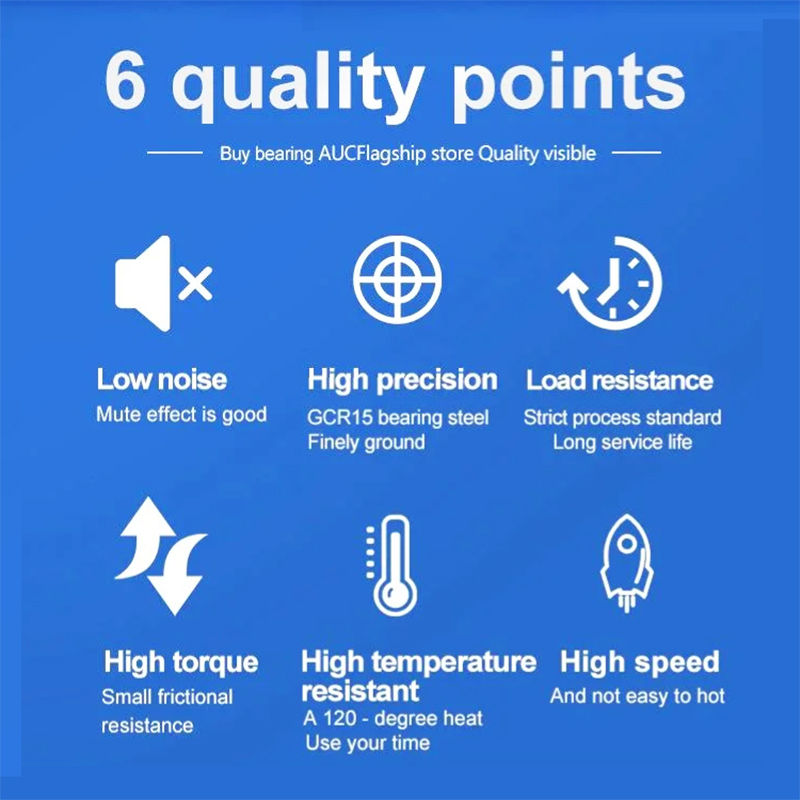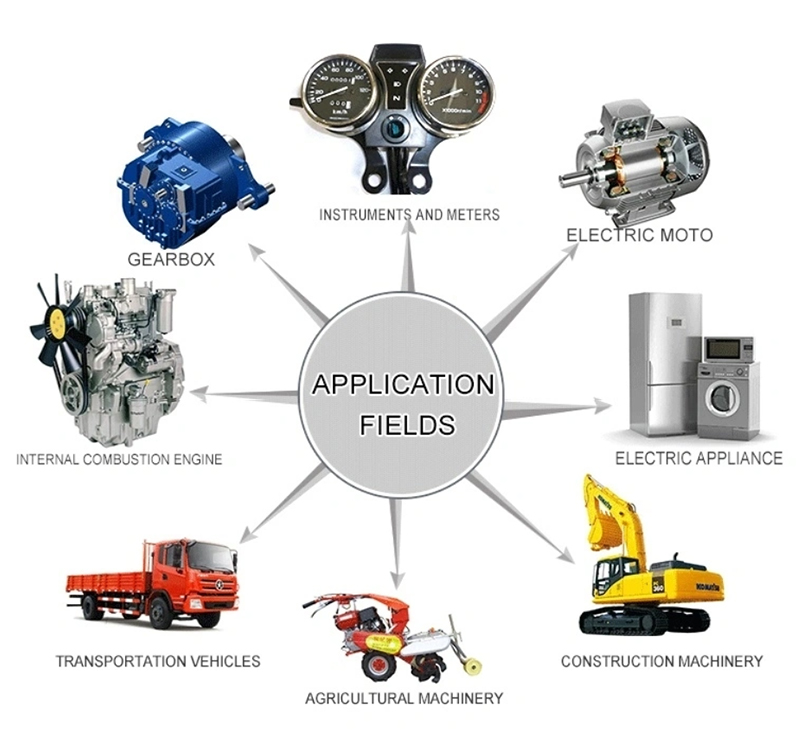Track rolling bearing
Track rolling bearings are mainly used to withstand radial and axial loads, with high load-bearing capacity, rotational accuracy, and low friction coefficient. It is widely used in various mechanical equipment, such as cranes, conveyors, machine tools, etc.
Product Description
Complete models
Quality assurance
Customized production
The outer ring of the roller bearing adopts a fully loaded cylindrical roller bearing with a thicker outer ring wall. The outer diameter surface of the roller has cylindrical and arc-shaped shapes, which can be designed to fit with the raceway surface according to the usage situation. By using this outer ring, the roller can roll directly on the raceway and can withstand heavy loads and impact loads. The combination roller bearing consists of a main roller, a side roller, a shaft head, and a cover plate.
Track rolling bearings are mainly used to withstand radial and axial loads, with high load-bearing capacity, rotational accuracy, and low friction coefficient. It is widely used in various mechanical equipment, such as cranes, conveyors, machine tools, etc.
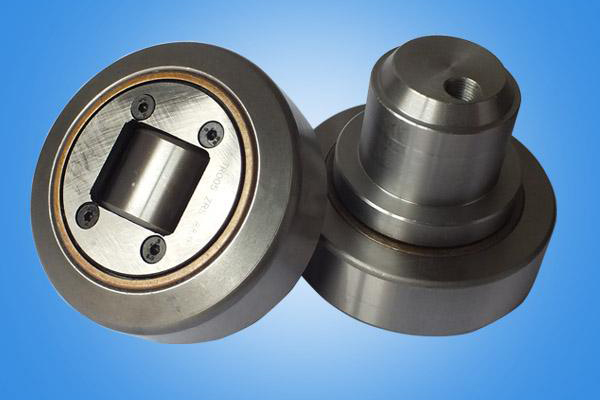
Structure
This bearing is a sealed structure, filled with lubricating grease, providing long-term effective lubrication, and users can avoid lubrication. For harsh operating conditions, it is possible to design channels for supplementing lubricating grease to improve the service life of bearings. Improper methods can also cause the roller bearings to overheat. Lubrication can reduce wear during part movement, ensure the accuracy of the press, and reduce energy consumption. Lubrication can be divided into thin oil lubrication, thick oil lubrication, etc.
Composition of Combination Roller Bearings
1. Main roller
The main roller is the most important load-bearing body in a set of composite rollers, mainly bearing vertical loads and impact loads, with strong impact resistance, wear resistance, and corrosion resistance. Due to the main roller being a fully loaded roller bearing, it can also be used as a one-way bearing alone.
2. Side roller
The side roller is the second load-bearing body in a set of composite rollers, mainly bearing horizontal loads, and also has strong impact resistance, wear resistance, and corrosion resistance. The side roller is designed with a full needle roller without an inner ring, and is supported by a core shaft instead of the inner ring and the shaft head.
3. Axis head
The shaft head is the part that connects the composite roller to the machine equipment. Usually, the shaft head is designed as a chamfer for easy installation. The shaft head can be directly welded to the equipment or welded to a connecting plate with a circular hole before assembling the connecting plate with the equipment.
4. Cover plate
The function of the cover plate is to fix the side rollers installed inside the shaft head and the main rollers outside the shaft head together with nuts and thread glue at the tail end of the shaft head, which is an important component.
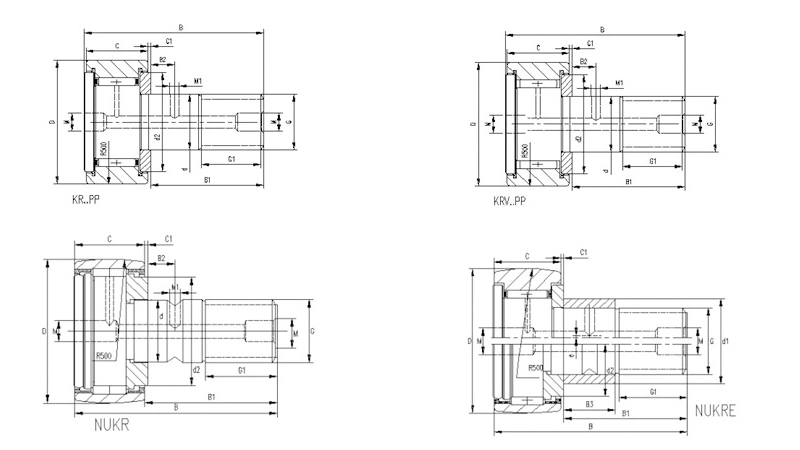
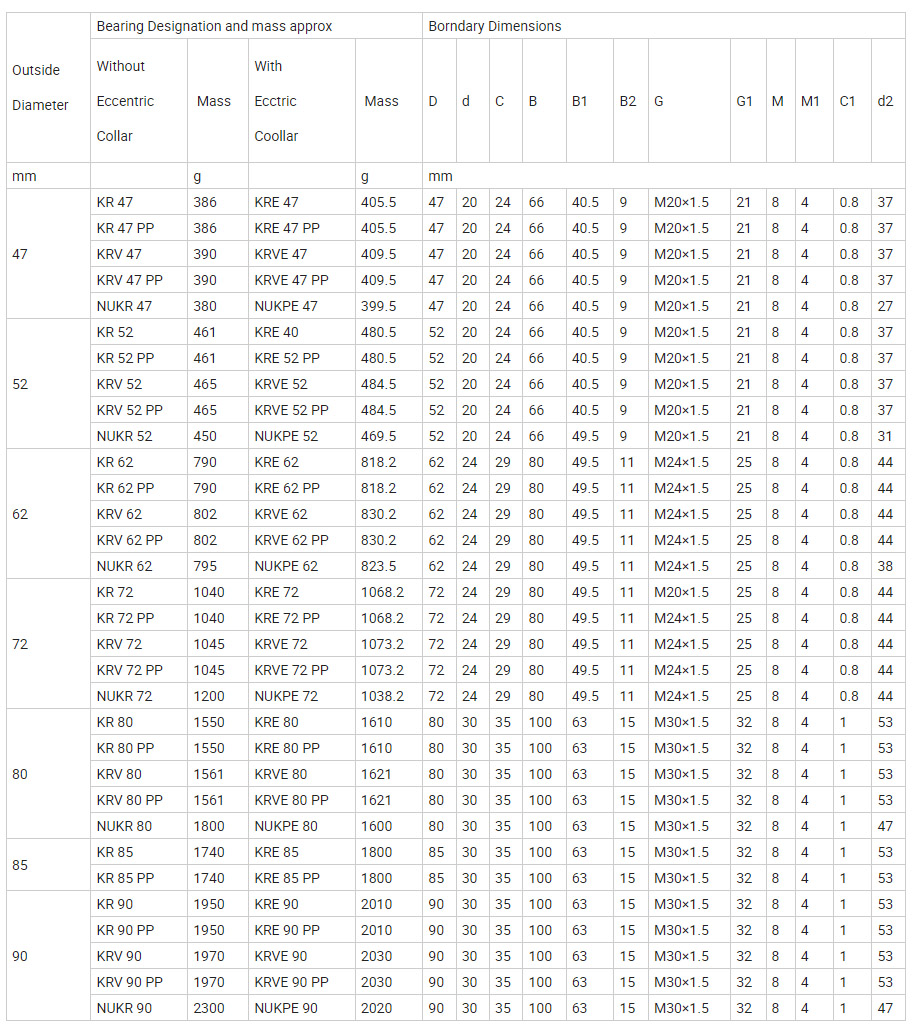
Choosing a suitable roller bearing can consider the following points
Load size: Select according to actual bearing requirements.
Speed requirements: Different bearings have different speed limits.
Work environment: Consider environmental factors such as temperature and humidity.
Accuracy requirements: Select according to the precision requirements of the equipment.
Installation and maintenance: It should be easy to install and maintain.
